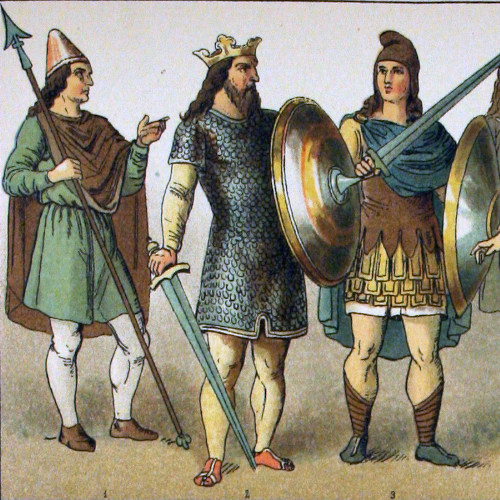
Dedicated for all DNA, Analysis Results, History, Research topics related to: Angles
The Angles were a Germanic tribe who inhabited a land called Angulus - the province between the Jutes and Saxons located between southern Denmark and northern Germany. Mentioned by Ptolemy and Tacitus, they were described as bordering the Longobards and Semnones. They were known by the Romans as inaccessible to attack as they lived behind ramparts of rivers and woods. Pope Gregory I writes about seeing Angle children he once saw in a Roman market as having angelic faces who should be co-heirs of the angels in heaven. Around the 5th century AD the Angles migrated to Britannia and founded the kingdoms of Northumbria, East Anglia and Mercia. The Angle kingdoms fell in the great assaults by the Danish Viking armies in the 9th century and became subjects of the Danelaw. The Saxon kings of Wessex eventually defeated the Danes and liberated the Angles. They united their royal houses with those of the Angles and the old Anglo-Saxon world thus ended and the dawn of the English people began. Some Angles remained in Angulus which is called Anglia today.

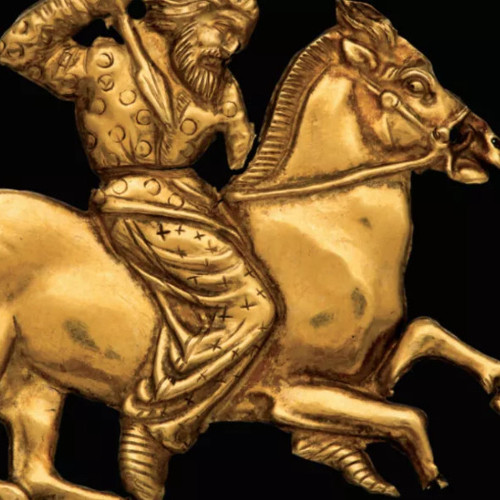

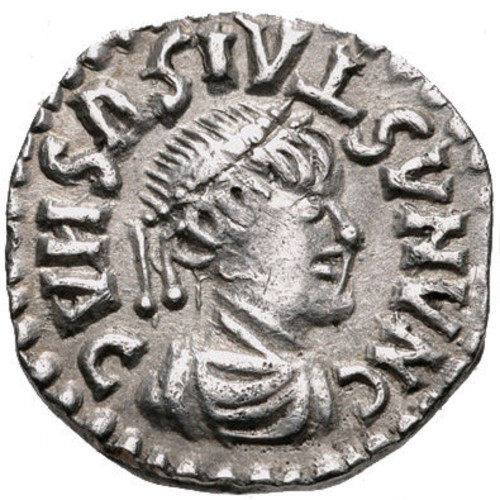


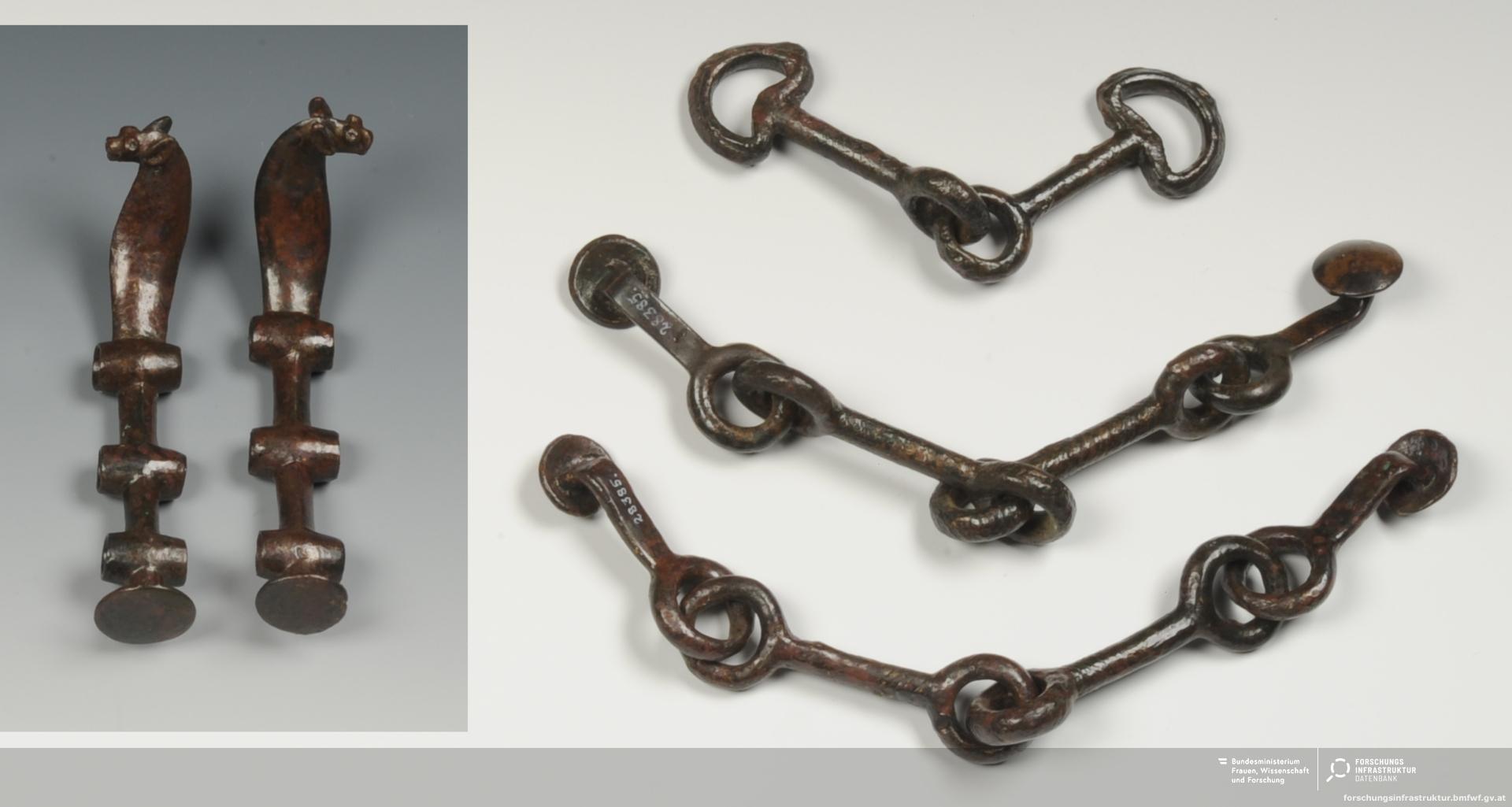



Comments